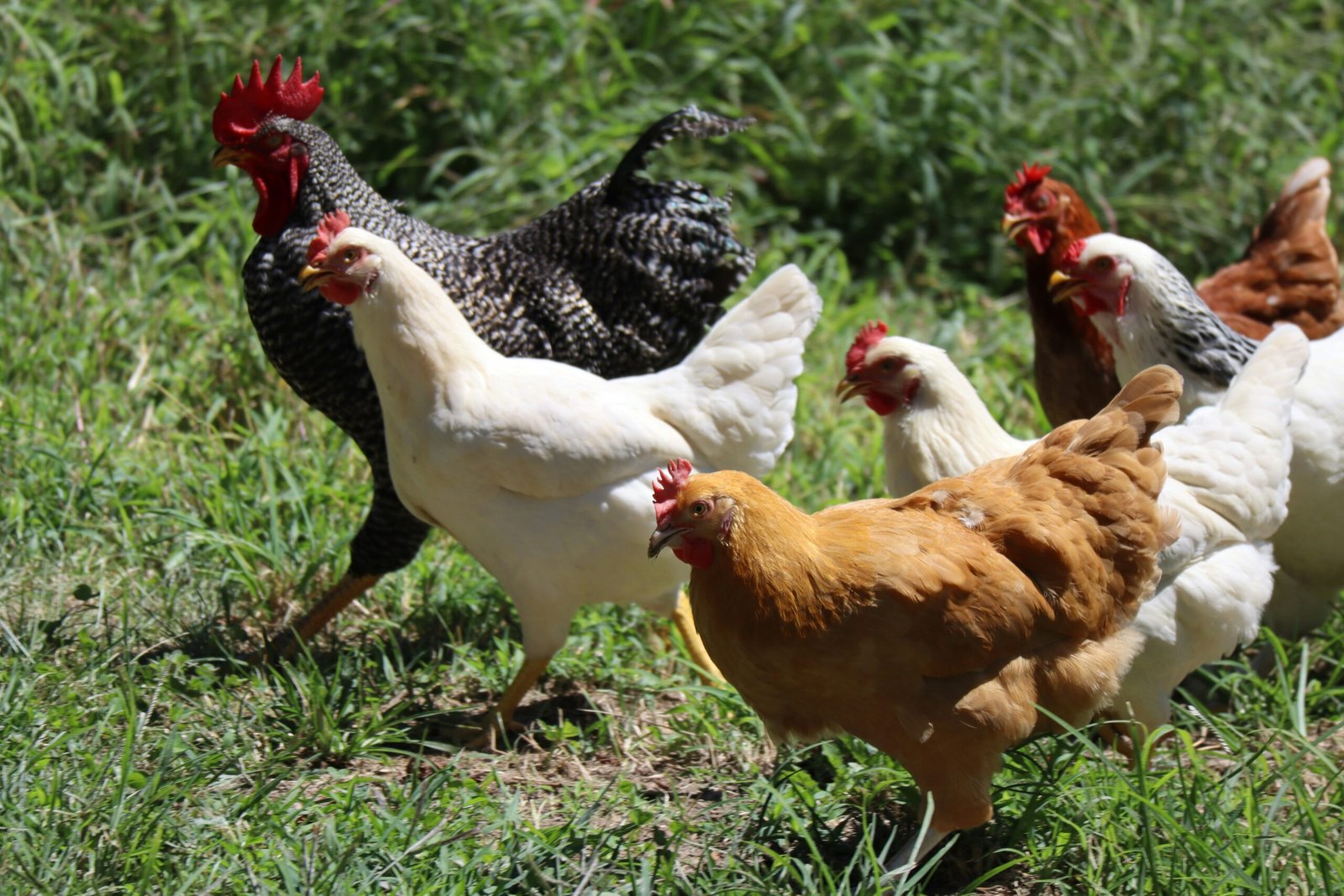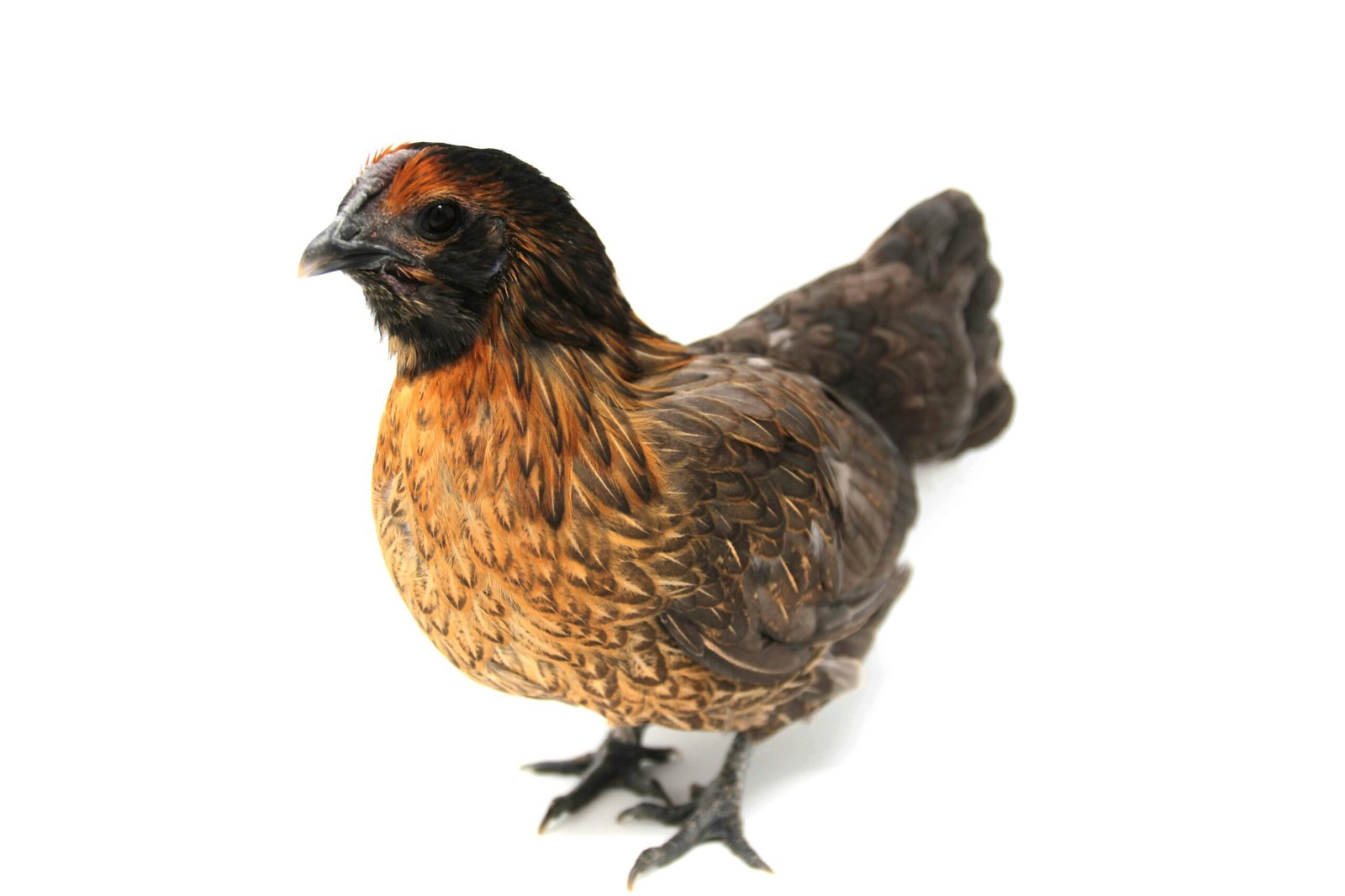Are you a proud owner of a small flock of chickens? Ensuring their health and well-being is of utmost importance. Implementing proper biosecurity practices can help keep your chickens healthy and disease-free. Let’s explore some essential tips to maintain a safe and thriving flock.
Quarantine Procedures for New Birds
When introducing new birds to your flock, it is crucial to quarantine them. This practice helps prevent the spread of any potential diseases. Set up a separate area, away from your existing flock, for the newcomers. Keep them isolated for at least 30 days and monitor their health during this period. This allows you to identify any signs of illness before introducing them to the rest of your flock.
Vaccination Information
Vaccinations play a vital role in preventing common poultry diseases. Consult with a veterinarian to determine the appropriate vaccines for your flock. Vaccinations can protect your chickens against diseases such as Marek’s disease, Newcastle disease, and infectious bronchitis. Follow the recommended vaccination schedule to ensure maximum effectiveness.
Spotting Signs of Illness Early
Early detection of illness is crucial for prompt treatment and preventing the spread of diseases. Regularly observe your chickens for any changes in behavior, appetite, or appearance. Look out for symptoms like lethargy, decreased egg production, coughing, sneezing, or abnormal discharge. If you notice any signs of illness, consult a veterinarian immediately for proper diagnosis and treatment.
Additionally, maintain a clean and hygienic environment for your chickens. Regularly clean their coop, provide fresh water and nutritious feed, and practice good hygiene when handling them. Avoid contact with other poultry or wild birds, as they can carry diseases that may affect your flock.
By following these biosecurity practices, you can create a healthy and disease-free environment for your small flock of chickens. Remember, prevention is always better than cure when it comes to the well-being of your feathered friends.





